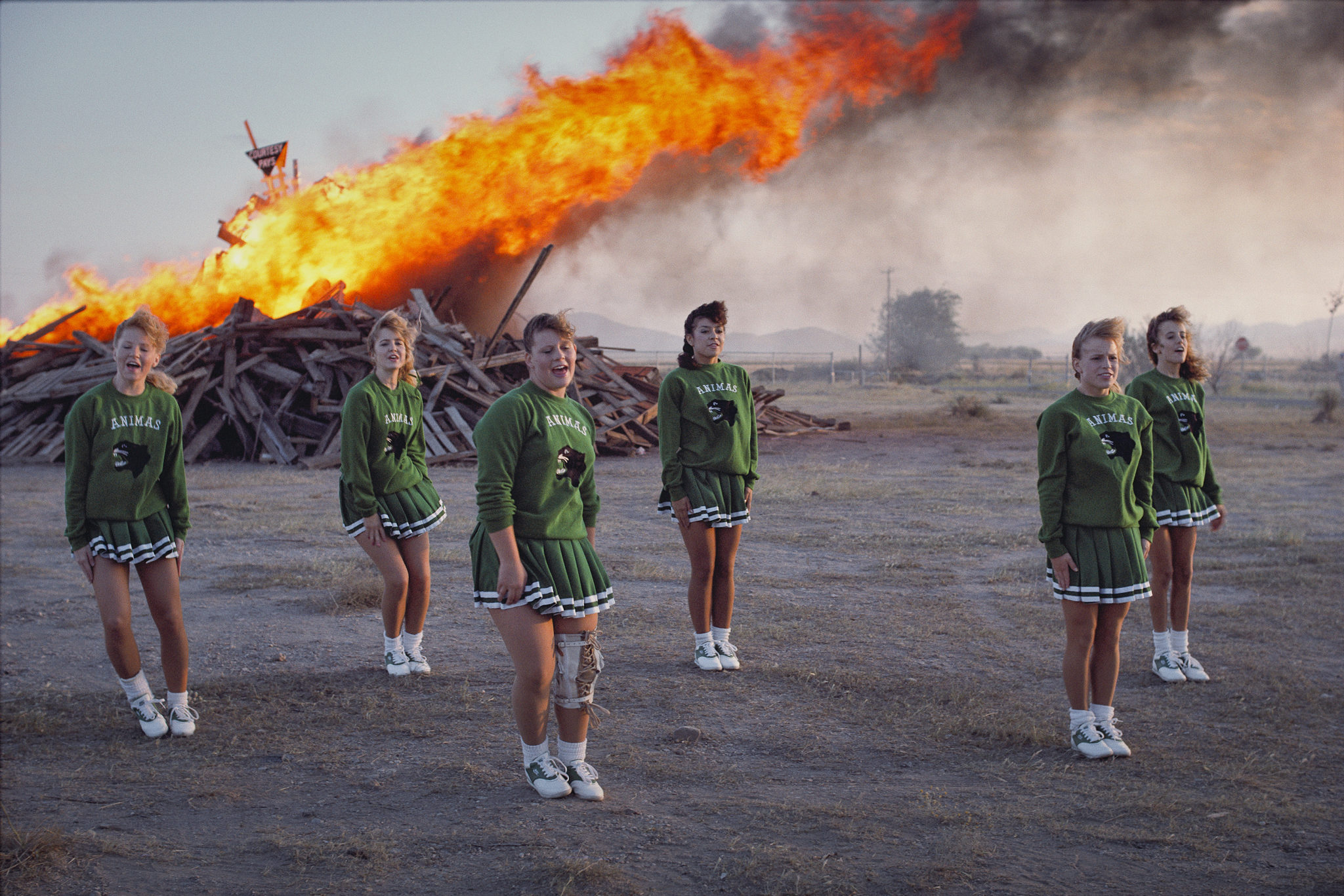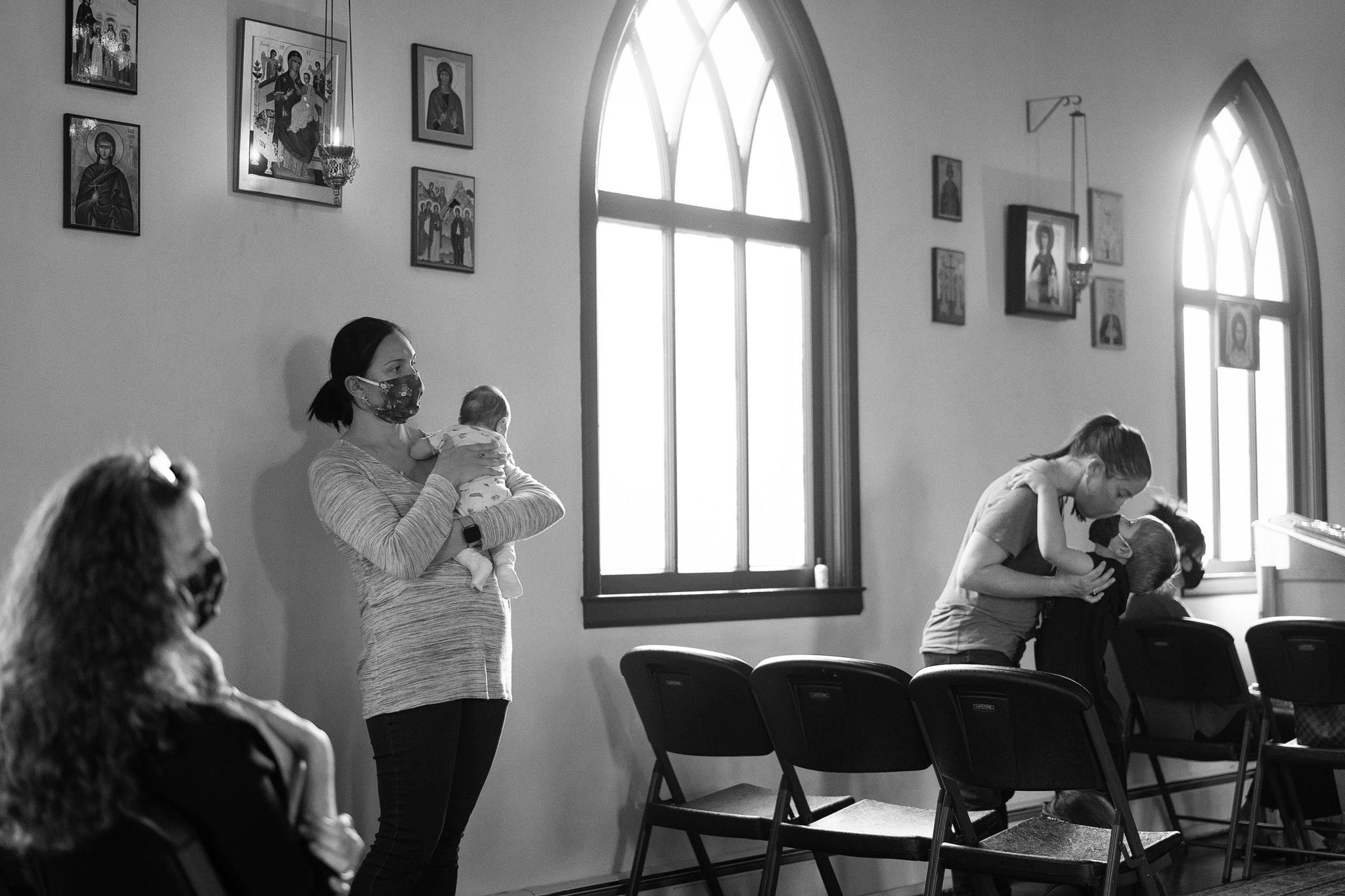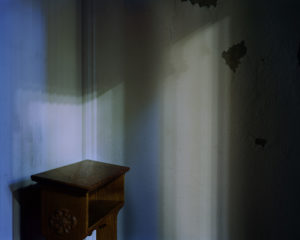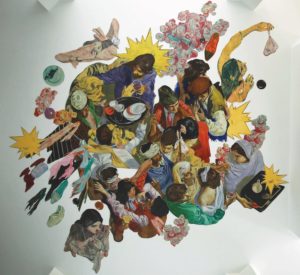Journalist Kenneth Jarecke founded The Curious Society in January 2021 to support photojournalists and the stories they tell. He believes that photography can reach across political and social barriers in a way words often cannot. A membership-based nonprofit, The Curious Society produces a thick, large-format quarterly publication featuring work by photographers from all walks of life and every corner of the globe.
Image: The Curious Society works with photographers from all over the world. How has the pandemic affected them and their work?
Kenneth Jarecke: As witnesses, photojournalists can’t really fake it. We need to be on the ground when things happen. So if we’re covering a demonstration that turns violent or a deadly pandemic sweeping the globe, we understand the personal risk involved. If a person has the talent, ability, and opportunity to capture images that can make a difference, then they deserve all the help they can get. That’s one of the reasons we formed The Curious Society.
Journalists usually have the chance to say no when it comes to putting ourselves at risk, but with the pandemic, that wasn’t an option. Everyone was at risk.
In our first issue, Covid-19 is at the forefront of a couple of essays, while also lurking in the background throughout the entire issue. Just like it did in real life.
Image: This past year saw a worldwide wave of protests against racial injustice. How have you seen photographers responding to this moment?
KJ: The protest pictures we’ve seen are powerful and have moved us all. What we’re missing are the images that explain why the protests happened in the first place. Photojournalism is the perfect medium to share these stories, and The Curious Society was created as the ideal place to publish them. Lasting images go beyond the simple act of documenting a moment; they demand a response from the viewer. The viewer reacts at a much deeper level, like we do to smell, but with the eyes. When you smell a pie baking and are transported to your grandmother’s kitchen forty years ago, that’s how successful, lasting images work. We encouraged the photographers we’re working with to pursue this kind of protest journalism, and they’ve responded by producing nuanced, insightful images of a kind that are not often seen today.
Image: There are tremendous pressures on journalists from restrictive governments right now, from Belarus to China. What special pressures affect photojournalists, and how are they navigating these?
KJ: We adapt. It’s kind of like the supervillain/superhero dynamic. They keep getting a little more clever, more brutal, more resourceful, but we’ve got truth and occasionally justice on our side. There’s some satisfaction in fighting the good fight.
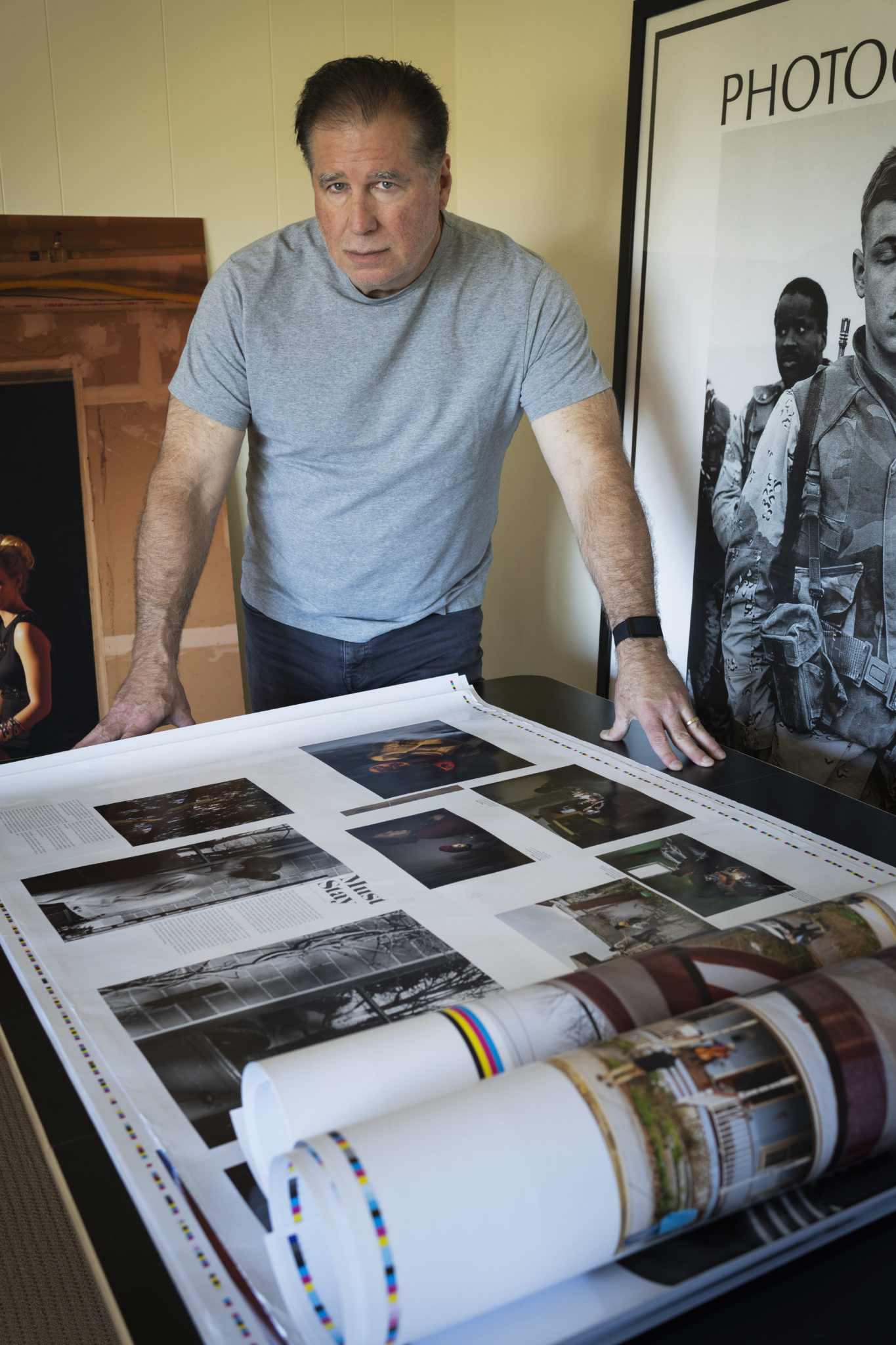
Kenneth Jarecke | June 2021, Joliet, Montana | Contact Press Images
Image: What do you think are the main pitfalls for young photojournalists today? How does The Curious Society address these?
KJ: Money. Publications are forcing photojournalists to sign work-for-hire agreements, which transfer ownership of their work to big corporations. If they don’t sign the contracts, they don’t work. They are forced to become de facto staff photographers, with none of the benefits that usually come with employment. No insurance, no cameras, no car, no retirement, and no ownership. The Curious Society does not buy images; we license them. The photographers retain complete ownership of their intellectual property, just like musicians and other creatives. At some point, mainstream publications that insist photographers give up copyright will start losing out on the best work. That’s the plan anyway, ambitious as it sounds.
Kenneth Jarecke is creator and editor in chief of The Curious Society, an apolitical nonprofit supporting photojournalism. His work has taken him to over eighty countries and nine Olympic games.




